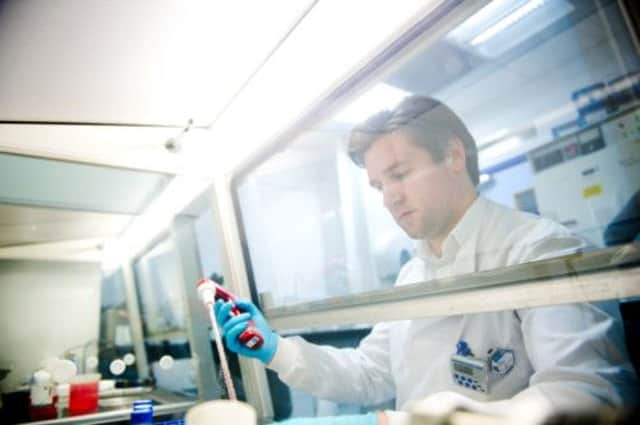A real education in the value of debate


The past few months have seen much discussion about universities and their place in public life. That has been a challenging but ultimately fruitful debate, which I believe has consolidated understanding of the role of autonomous universities, which are fully responsible for their effective use of public money, in our public life.
This debate has taken several forms. Some of it has taken place around the passage of the Post-16 Education (Scotland)Bill. This provided a focus for discussion of some important issues. For instance, the bill as originally drafted raised challenging issues about whether ministers should have a role in determining the governance and management of universities. After constructive and creative debate, the Scottish Government and Scottish Parliament’s answer was “no”. They recognised that the government had a legitimate interest in ensuring that public money went to institutions which were well-governed, but that it was not politicians’ job to define the standards of governance and management.
“responsible autonomy”


Advertisement
Hide AdAdvertisement
Hide AdSimilarly, there was a robust debate about the role of ministers and the Scottish Funding Council in determining how many universities Scotland should have and what courses they should provide. That debate reached a constructive conclusion, with a recognition that the Scottish Government, the Scottish Funding Council and the governing bodies of institutions have collective responsibility for the effective use of public money, within the overall framework of universities’ “responsible autonomy” to determine how best to meet society’s expectations.
We have been on a parallel journey with the development of new governance standards for Scottish universities, where another lively debate about the role of government and stakeholders has prompted serious consideration of how to continue to secure the good governance of Scottish universities. Again, the outcome of that debate has been a recognition that autonomous universities are best able to deliver success for Scotland, but that they need to adhere to the highest possible standards of transparency and inclusiveness, which will be given effect in a new and stretching code of good governance.
We have also been through a period of intense exploration of how to widen access to university. As this debate has progressed it has increased the recognition of a shared imperative where universities are, rightly, accountable for progress but where diverse institutions are best able to decide how they can contribute to achieving that progress. It has also increased collective understanding of the need to move forward in a way which is informed by evidence of what works to promote wide access.
I believe we are coming to the end of an extraordinarily intense period of debate, which has had some creative outcomes. So where are we now? At the political level, there is a stronger recognition that autonomous universities are best able to have the flexibility and entrepreneurship to respond to society’s expectations.
I think this period has strongly reinforced universities’ recognition of the very high level of trust and expectation which they bear for the social, economic and cultural health of our nation, and the need for the very highest standards of accountability in meeting those expectations.
That is an exceptionally strong platform for the future. What we need now is to be given the space to get on and deliver for Scotland.
Keeping Scotland at the forefront of innovation
We look forward to doing this in a way which makes sure that a university education is open to men and women of talent, whatever their social and economic background, building on the commitment which every institution has made to driving further progress in widening access and the retention of students from challenged backgrounds.
We look forward to further discoveries which will transform people’s lives and keep Scotland at the forefront of innovation, building on examples such as very recent breakthroughs in the development of synthetic blood, the treatment of diabetes and a potential vaccine for malaria, as well as universities’ role in keeping Scotland at the forefront of renewable energy technology.
Advertisement
Hide AdAdvertisement
Hide AdWe look forward to drawing the best international talent and the most innovative businesses to Scotland, building on recent investments from companies such as Avaloq, Daktari, Samsung and Enstratius.
We look forward to working closely with Scottish business in the development of new products, processes and training needs for companies as diverse as Clyde Blowers, Highland Galvanizers and Whitmore Organics.
Scotland’s universities are an astonishing success story, and a key part of our nation’s identity as an innovative, outward-looking, socially inclusive and economically vibrant nation. Given the importance of our role it is right that the place of universities in public life has been the subject of intense debate. As that debate concludes, let’s get down to business.
• Alastair Sim is director of Universities Scotland, http://www.universities-scotland.ac.uk